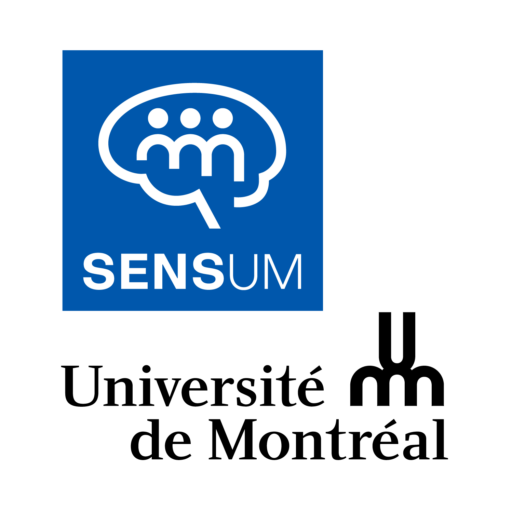
Nathalie Fontaine is an associate professor at the Montreal University's School of Criminology. She codirects (with Isabelle V. Daignault) the Youth Development and Adjustment Study Centre (CEDAJ).
Her research work is on the development of behavioural troubles in the youth, the risk and protection factors and other difficulties that could be associated to these illnesses on a mental health standpoint (e.g. depression, substance problems). She's particularly interested to emotional insensitive traits (e.g. lack of empathy, low feeling of guilt) in young people, a factor associated to severe and persistent antisocial behaviour. She uses multiple research methods for her research including longitudinal data analysis, data recorded in lab (e.g. tasks on the recognition of emotion). Her work also focus on the differences between girls and guys and on behaviour troubles shown particularly by girls. She is really interested in the practical applications of research results as well as the implantation and the evaluation of prevention and intervention strategies. This helps promote mental health across young people.
She also implants a new research project funded by the CRSH, on the role of emotions to explain the link between exposition to sexual violence and mental health.
Her research work have a developmental psychopathological approach that focus on the adaptation mechanisms. Using this approach, we have to look at psychopathology not as a stable and unchangeable state but as a process that has continuity and discontinuity. The development of behavioural problems and other mental health illnesses that are related come from multifactorial mechanisms, of probabilistic nature and not of deterministic nature. On a practical plan, her research work wants to favour the elaboration of intervention strategies adjusted to the strengths and weaknesses of youth who have different behaviour profiles (e.g. behaviour illnesses with or without emotional insensitivity) to maximize their development and the betterment of their mental health.
Thematics
Teams
Keywords
This content has been updated on 24 July 2023 at 23 h 31 min.
